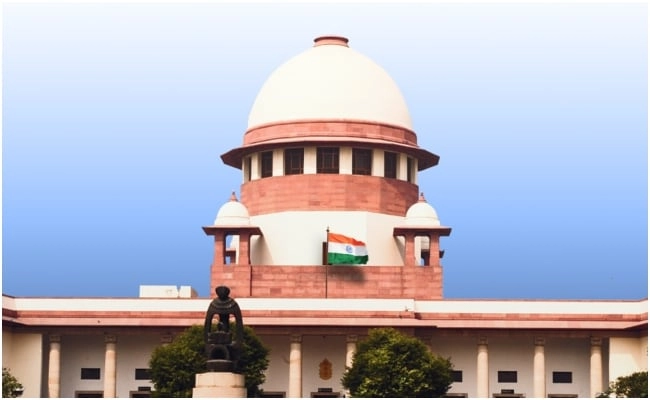In the lead-up to the upcoming elections, Asaduddin Owaisi, the president of the All India Majlis-e-Ittehad-ul-Muslimeen (AIMIM), has made a significant statement regarding the Muslim population in Bihar, which constitutes about 19% of the state’s demographic. Owaisi’s remarks emphasize a perceived lack of representation and leadership for this substantial segment of the population. He argues that despite being a considerable minority, Muslims in Bihar find themselves without a strong political leader who can effectively advocate for their rights and interests.
This assertion raises critical questions about the political dynamics within Bihar, where various parties vie for influence among diverse communities. Owaisi’s comments suggest a disconnect between the needs of the Muslim community and the political parties that seek their support. He highlights the necessity for dedicated leadership that can address the unique challenges faced by Muslims in the region, such as socio-economic disparities, educational opportunities, and political representation.
The absence of a recognizable leader for the Muslim community in Bihar could lead to political fragmentation, where votes may be split among multiple candidates without a unified voice. This situation could ultimately undermine the potential for significant political gains for Muslims in the state. Owaisi’s call for leadership serves as a reminder of the importance of representation in a democratic setup, where every community deserves a voice that resonates with its aspirations and concerns.
As the elections approach, the implications of Owaisi’s statements will likely fuel discussions about the role of religion in politics, the importance of inclusive leadership, and the need for strategic alliances that can better serve the interests of minority communities. The challenges faced by the Muslim community in Bihar are not isolated; they reflect broader national trends where various marginalized groups are seeking stronger representation in governance. As such, Owaisi’s remarks could catalyze a renewed focus on the representation of Muslims in the political landscape of Bihar and beyond.




